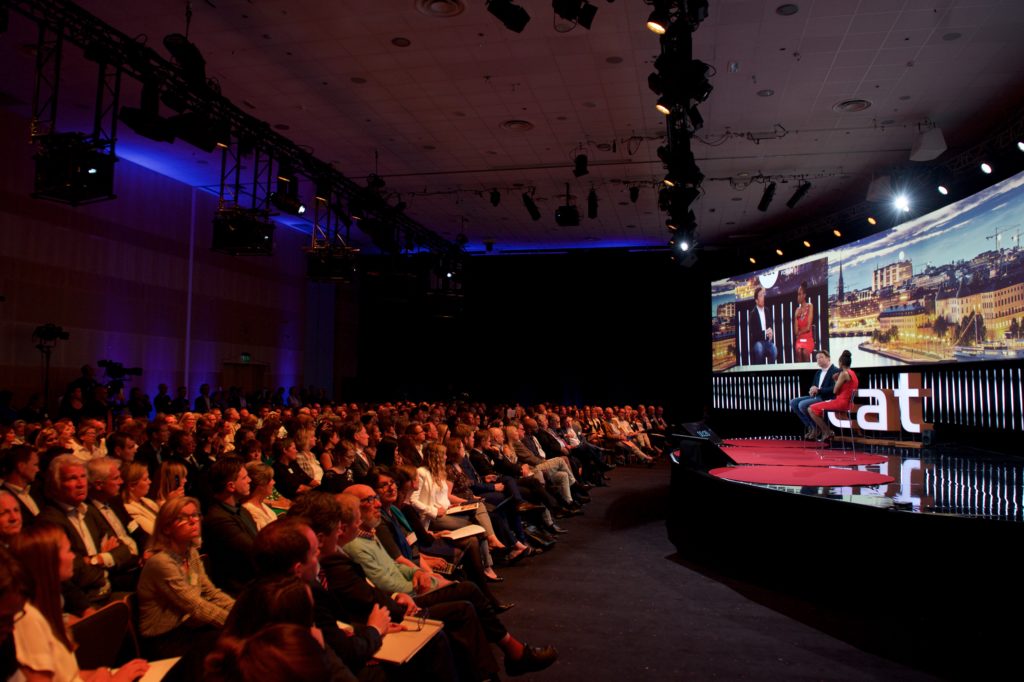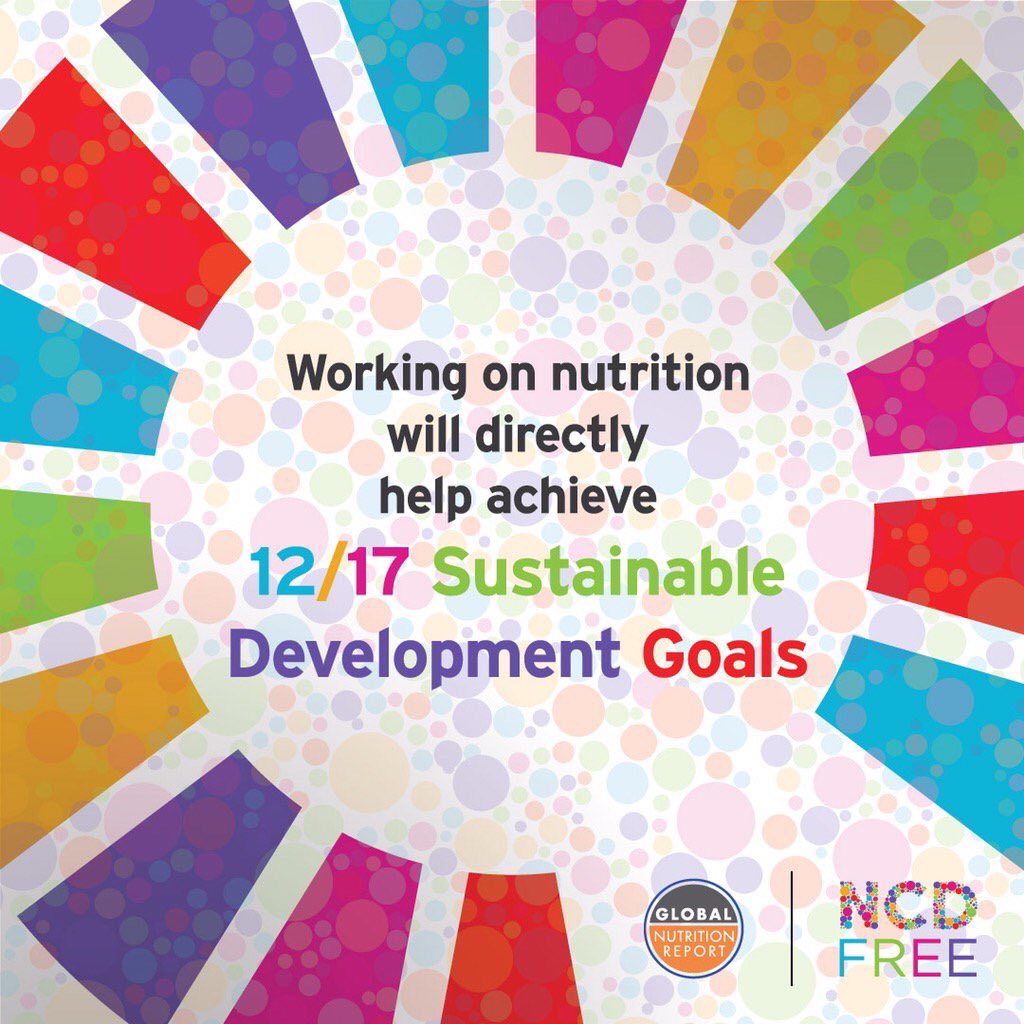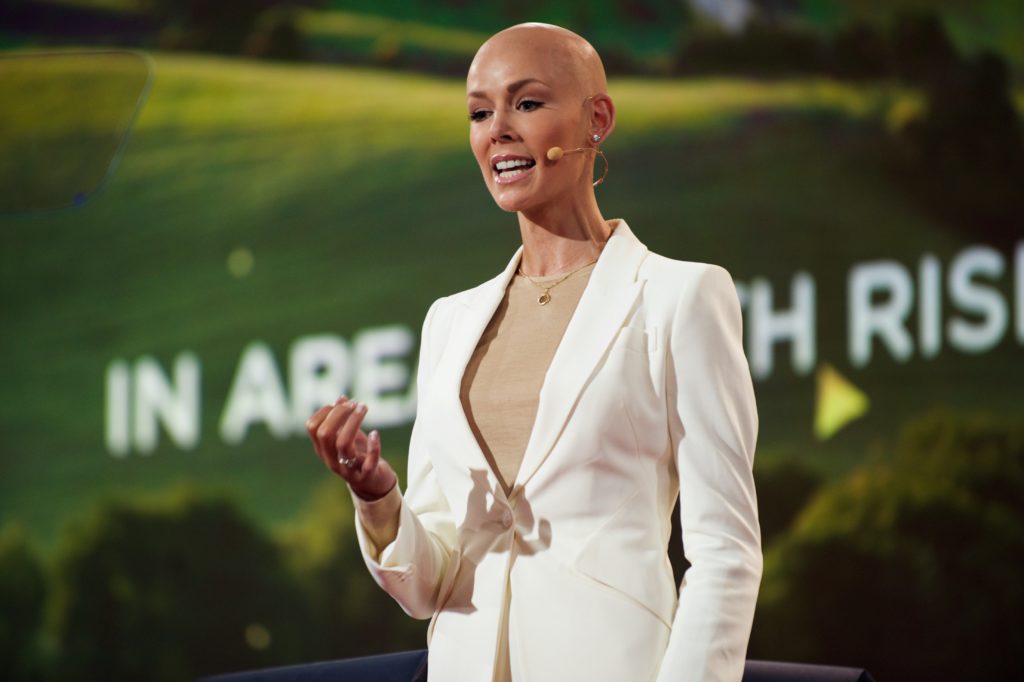We’ve all heard the saying “You are what you eat.” If you eat unhealthy foods, you’ll inevitably be unhealthy. I’d like to take it one step further. It’s not just what food you eat, but how it ended up on your plate.
Is the apple you’re eating sprayed with pesticides? An apple is a great choice for a nutritious snack, but grown with the help of a chemical cocktail, repeated consumption could have harmful effects on your body, and those same pesticides contribute to the mass decline of pollinators and other environmental harm.
As we know food is a cornerstone of life and our existence relies upon it. The way we grow our food affects the natural systems that support all life which produces that food. Naturally we care about how our bodies will look, develop and function.
On one end of the scale we have the obesity epidemic in the U.S. and other countries that consume Western diets, where the average person is consuming excessive amounts of sugar on a daily basis, leading to rampant diabetes and other associated chronic diseases. On the other end, in developing nations, communities are starving, where lack of resources and devastating effects of climate change, lead to widespread poverty, malnutrition and death.
In a global economy, the manufacture, marketing, transportation and consumption of food is intricately tied. Co-founder and president of EAT Foundation, Dr. Gunhild Stordalen, opened the EAT Stockholm Food Forum 2016 in June with these facts:
- In the next 10 minutes, the world will welcome 2,500 new citizens.
- Almost 300 new citizens, more than 10 percent, will not have enough food for a healthy life.
- Almost 1,000 new citizens are expected to grow up overweight—and their biggest killer will be food.
Food is the leading cause of the global health crisis and at the heart of the environmental catastrophe facing the planet, responsible for nearly one-third of greenhouse gas emissions. And food is the single overwhelming cause of lack of biodiversity.

Jamie Oliver discusses his Food Revolution and takes questions from the audience.
EAT 2016 Johan Lygrell
The EAT Stockholm Food Forum is the only global initiative bringing together experts from politics, science and business solely focused on the issue of food. I was honored to participate this year, giving a keynote on the work of Captain Planet Foundation (CPF) and our Project Learning Gardens.
By 2050, the world’s estimated population will be 9 billion people and 80 percent of those will live in cities. Currently, more than 2 billion of the world’s 7.4 billion are undernourished and 1.3 billion of our population works in agriculture.
According to Johan Rockström, executive director of Stockholm Resilience Centre, and Pavan Sukhdev, founder and CEO of the GIST Advisory, approximately 40 percent of the world’s land is used in food production. If there was no change in our agricultural system, we’d need 70 percent of the planet’s land to meet the needs of 2050. In addition, food production consumes 70 percent of the world’s fresh water. Clearly, in order to feed the world’s population in 2050, just one generation away, we need to make some big changes.
But it’s not just the immediate issue of feeding the future. Food, it’s production and consumption, is intrinsically tied to meeting the United Nations Sustainable Development Goals (SDGs). Revolutionizing the world’s food systems is key to realizing these goals, moving the world to a more just, safe and prosperous future.

Adopted in September 2015 by the UN, the SDGs are 17 aspirational goals with 169 targets designed to address the world’s greatest issues, like poverty, climate change and hunger.
For example, Goal 5 is Gender Equality. Throughout much of the developing world the overwhelming majority of farmers are women. These duties, in addition to those within the home, make educational opportunities minimal.
Climate change induced disasters, erosion and changes in temperature now require replanting of fields two or three times, where once was sufficient. Lack of education and malnutrition lead to higher violence, inequality, mortality rates and poverty.
Mary Robinson, first woman president of Ireland and former UN High Commissioner for Human Rights, shared a recent study from Tanzania. In countries such as Zambia, Malawi and Ethiopia where women and girls are responsible for collecting fresh water, collection can take longer than 30 minutes for a quarter of the population. This study showed a 12 percent increase in school attendance when water was only 15 minutes away. A greater increase in education opportunities leads to greater economic opportunities. This creates a virtuous cycle impacting present and future communities. Educated women are less likely to die in childbirth and have children later in life. They have better employment opportunities and a mother’s education improves childhood nutrition.

Dr. Gunhild A. Stordalen is co-founder and chair of the EAT Foundation and Stordalen Foundation.
EAT 2016 Johan Lygrell
In order to solve the looming problems associated with food production, it’s critical that we work holistically. As Dr. Anthony So, director of the Center for a Livable Future, Johns Hopkins Bloomberg School of Public Health, points out, policy changes will not be enough. Developing new technologies is key!
Imagine technology that could be used by any farmer that crowdsources data the world over, providing critical information and keeping everyone accountable. Feeding the seven billion and growing people on Earth is one of the major challenges of the day and to do so we must move toward more sustainable solutions.
School gardens and eating veggie rich diets will dramatically improve obesity and diabetes. Cities in particular can develop direct practical level solutions. It is critical that we develop effective methods of growing food in urban centers. With fresh water sources in decline in many parts of the world it is important to consider how this precious resource is used and conserved.
It is true that our planet faces dire and compounding issues, but it’s important to not lose yourself in the doom and gloom. As Her Royal Highness Crown Princess Mette Marit of Norway reminds us, solving climate change is not about scary phrases and overwhelming statistics, it’s about mountain air, buzzing bees and coral reefs. It’s about the beautiful and vast biosphere and the quality of life of all the world’s people.
You can learn more about issues surrounding food by visiting the Eat Food Forum website and watching presentations from some of today’s most innovative thinkers. Speakers came from a range of backgrounds—from Small Island Developing States to cities—including CEOs of leading food producers to consumer activists.